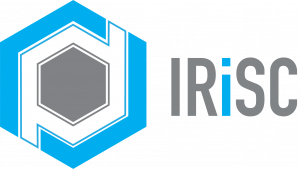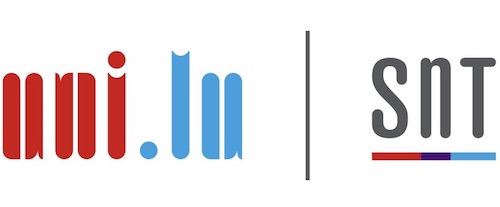
Interdisciplinary Research Group in Socio-technical Cybersecurity
Storytelling as facilitation tool for inclusive ethics training

Session 4 10:45-12:15 PM, CST
Dr Marietjie Botes
Storytelling is an ancient form of communication that, in the context of science, helps listeners understand the essence of complex concepts and ideas in meaningful and often personal ways. , and can enhance inclusivity by exploring the deeper dimension to communication with our students and colleagues. This tool can effectively engage students and faculty working in research labs and improve the ways in which they engage in science and expand who engages in science. Storytelling can make science more understandable, more inclusive, and appeals to both the heart and mind by powerfully communicating the ethics lessons that emerged throughout history. People identify with the characters and respond to the narrative in stories, especially when there is emotional detail and remember information given in story form much more vividly. In a research setting, stories can serve as an entry point to understanding the world of others in a different way, which in turn may affect the connection between researchers and research participants and the legality and ethicality of informed consent. In this context a story can convey important information much better than mere facts and figures, which often are intimidating.
Ethics training should not only accompany scientific training to ensure that scientists conduct ethical research but should also train scientists to be better communicators to the public and advocates for the advancement of science. Storytelling, as a form of science communication, has the potential to overcome the barriers that complex scientific terminology, processes and uncertainty poses to public trust and cooperation. Recent research has shown that rule-based moral philosophy, psychology, and education cannot effectively promote students’ moral motivation for actual moral behaviour, but argued that virtue ethics and positive psychology can contribute to the effective promotion of motivation for self-improvement by connecting the notion of morality. Storytelling can be used as a facilitating tool for the development of such virtue ethics and empathy to improve ethical insight and approaches to science and research.
Ethical norms and practices are contained in international documents in human research protection such as the Belmont Report, the Canadian Tri-Council Policy Statement, the Nuremberg Code, the Declaration of Helsinki and due to the history of ethical abuses, these cases, including modern day ethical dilemmas posed by emerging technologies, can be used to encourage discussion of the responsibilities of researchers.
This presentation presents the art and science of storytelling as a two-way trust and relationship building tool which enhance empathic understanding of ethics to ensure that ethics are adequately integrated and embedded in scientific training and research, whilst actively engaging students, faculty and even research participants by building inclusive ethical cultures. This tool can also be adapted to help international or underrepresented students to gain insight into cultural differences and its effect of ethical approaches.
Date:
Organized by:
Location:
More information:
Get in touch with us
SnT – Interdisciplinary Centre for Security, Reliability and Trust
Maison du Nombre, 6, avenue de la Fonte L-4364 Esch-sur-Alzette
info-irisc-lab@uni.lu
